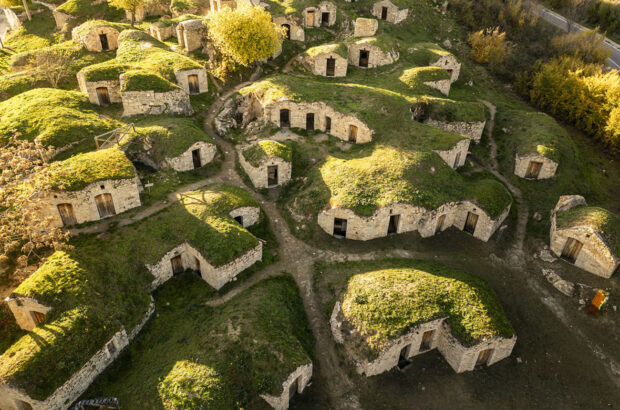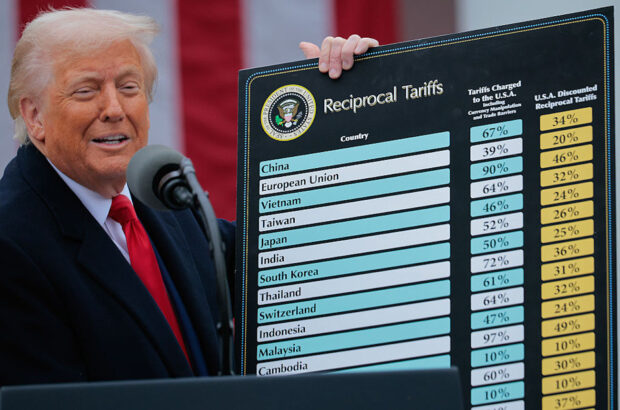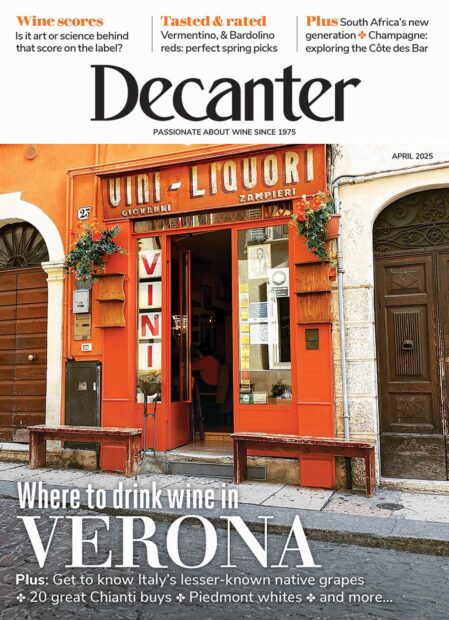Scientists at the University of South Australia have developed an electronic tongue that claims to taste the age of a wine, the type of barrel used and overall quality.
Electronic tongue designed to taste wine
The ‘tongue’ is made of gold, platinum and carbon electrodes, and measures the electro-chemical signals of sugars, phenolics and other compounds present in wine, according to its designers.
They added that it might even be developed to help predict scores from critics.
‘We wanted to demonstrate the huge capabilities of electronic tongues as analytical tool for the analysis of wine samples,’ said Dr Xavier Ceto Alseda, who ran the project with his colleagues at the University of South Australia.
‘We focused in two different scenarios were considered: wine maturing practices (both barrel effect and period) and prediction of the global scores from a wine tasting panel,’ he told Decanter.com.
They have been testing the electronic tongue with help from a Catalan wine institute, INCAVI, who provided the wine samples, the necessary information about them and conducted the sensory analysis.
‘The next stage could be to carry out the analysis of larger sets of samples to further and more extensively validate our approach, or to explore new scenarios where this approach could be useful,’ said Ceto Alseda.
He said that electronic tongues won’t replace wine experts.
But, he said that they could help to screen and analyse wine samples on an industrial scale.
Some electronic tongues can reportedly already identify a wine by grape variety, but the technology is in its early stages.
Related content:

Secret to terroir may lie in bacteria, say scientists
Researchers in the US have published a study suggesting that the characteristics associated with terroir could have more to do

Scientists harness yeast to cut wine alcohol level
Scientists have moved a step closer to being able to make full-flavoured wines with lower alcohol levels after pioneering work

How to tell a dumb wine from a bottle past its best – ask Decanter
Charles Curtis MW offers his best tips...

How to read wine tasting notes – Ask Decanter
Decanter experts help you to cut through the jargon...







